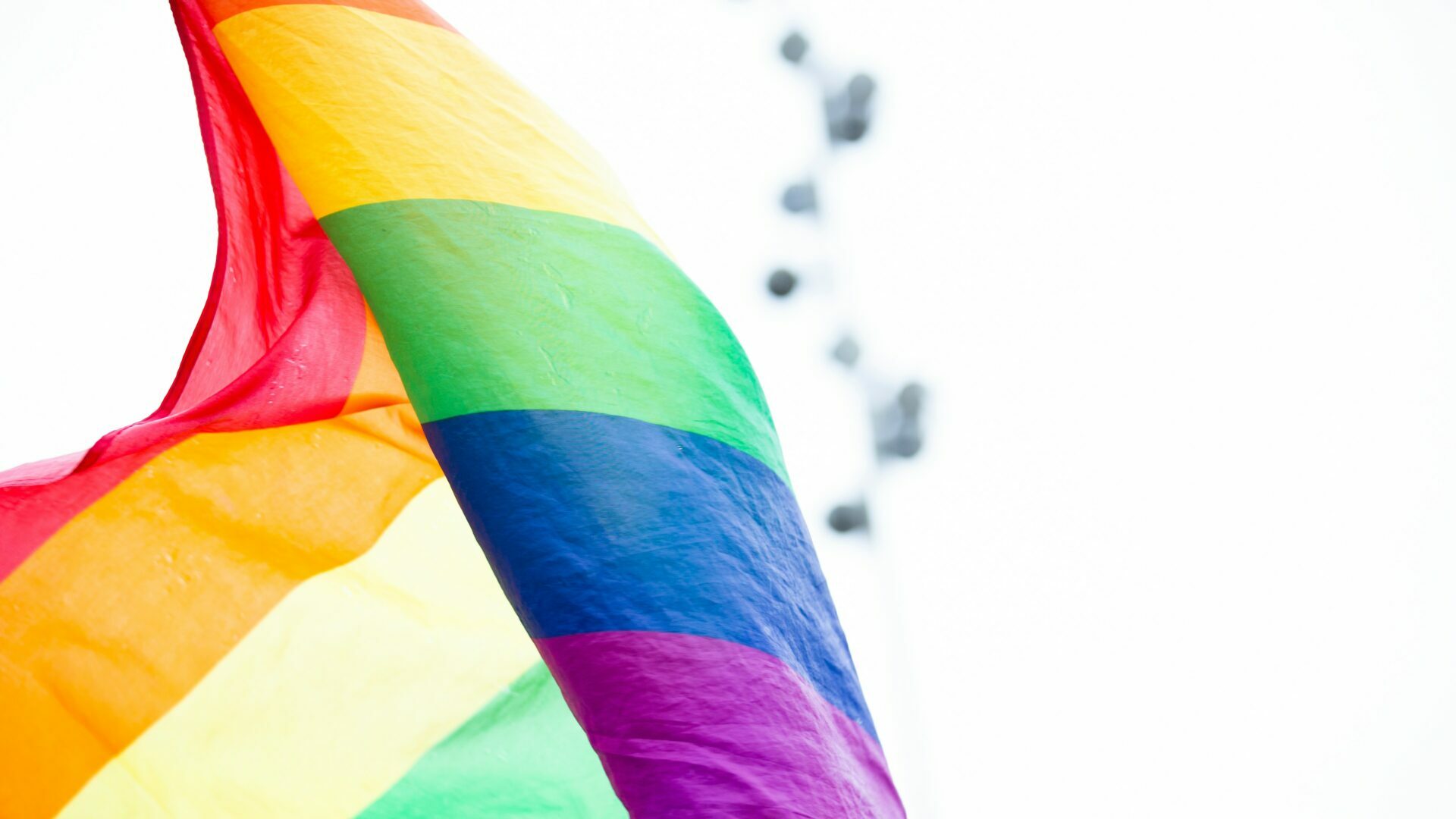Uganda considers criminalising being LGBTQ with new bill
"One of the most extreme features of this new bill is that it criminalizes people simply for being who they are."

A piece of legislation has been introduced in Uganda that could see people being criminalised simply for being LGBTQ.
The 2023 Anti-Homosexuality Bill was introduced by Asuman Basalirwa on Thursday (9 March).
As reported by Human Rights Watch, the 2023 bill says that anyone who “holds out as a lesbian, gay, trans, a queer, or any other sexual or gender identity that is contrary to the binary categories of male and female,” could face up to 10 years in prison.
Oryem Nyeko, a Uganda researcher at Human Rights Watch has said: “One of the most extreme features of this new bill is that it criminalizes people simply for being who they are as well as further infringing on the rights to privacy, and freedoms of expression and association that are already compromised in Uganda.”
They added: “Ugandan politicians should focus on passing laws that protect vulnerable minorities and affirm fundamental rights and stop targeting LGBT people for political capital.”
Ugandan lawmakers believe that the current ban on gay relations is not enough. Somone found guilty of an “offence of homosexuality” could face 10 years in prison.
The bill would also criminalise same-sex marriage. Meanwhile, the “promotion of homosexuality” could result in up to five years in prison.
All same-sex conduct would be considered nonconsensual too.
In Uganda, same-sex relations are criminalised under a colonial-era penal code. An attempt to harshen anti-gay legislation, which included the death penalty, was struck down in 2014.
In recent years attacks on the LGBTQ community in Uganda have stepped up.
In October 2019, 16 LGBTQ activists were arrested in Uganda on gay sex charges. It came amid an escalating government crackdown on the LGBTQ community.
Police forced the men to have ‘medical examinations’ following their arrest. These were bywords for forced anal exams.
Homosexuality is criminalised in more than 30 of Africa’s 54 countries.
